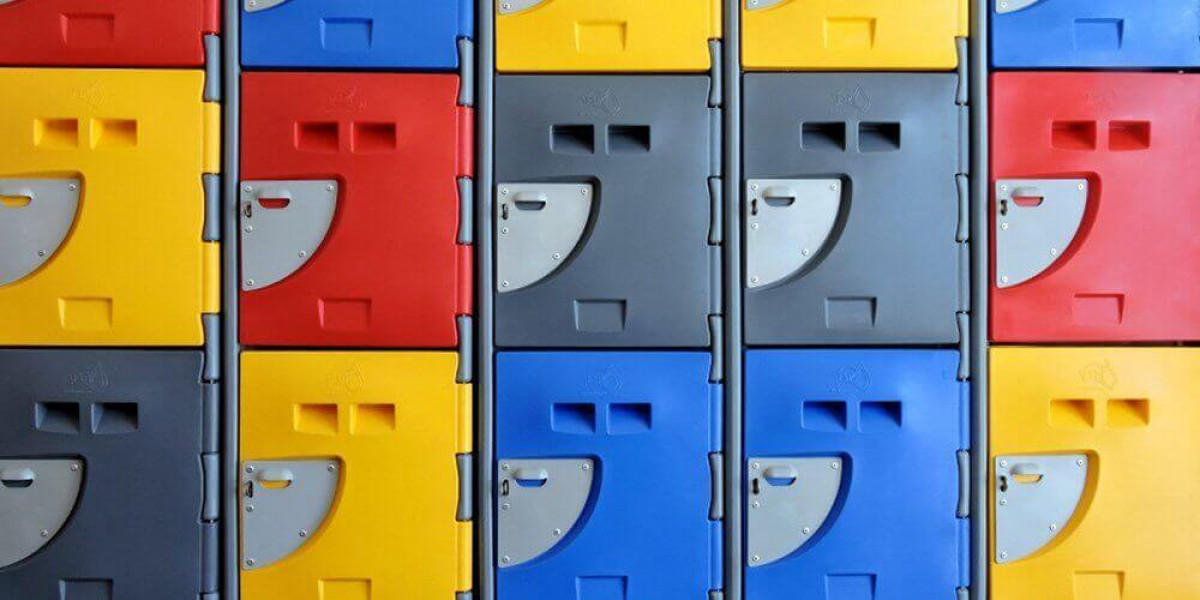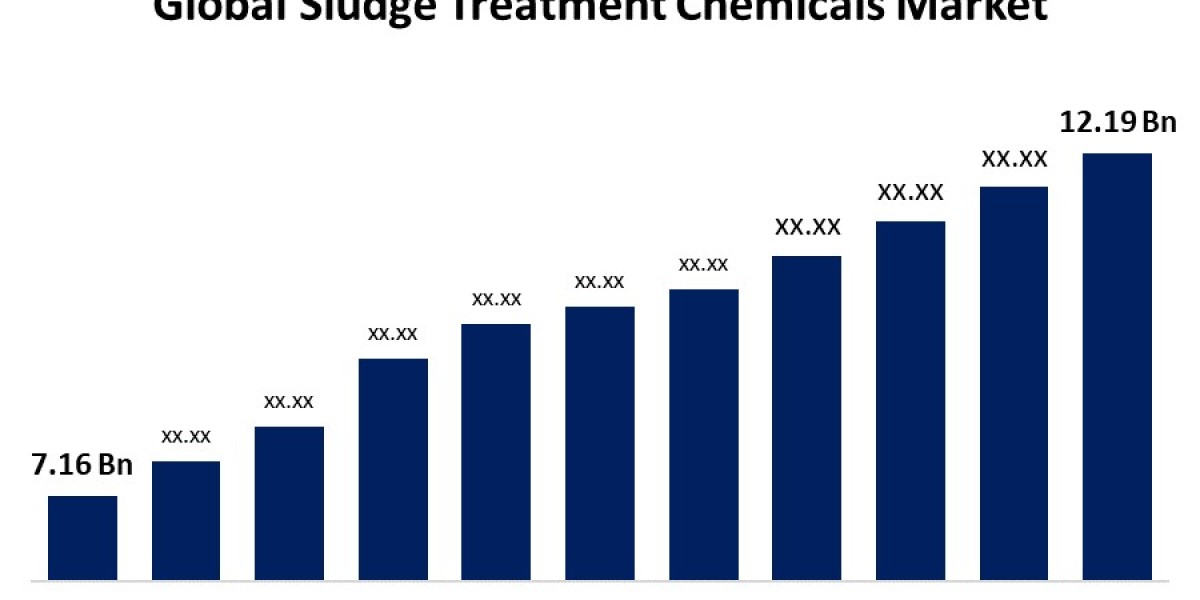Introduction
Have you ever wondered how hospitals efficiently track medications, patient records, and equipment? The answer lies in healthcare barcode scanners. These scanners are becoming a game-changer in healthcare facilities worldwide, providing a more secure and efficient way to manage patient information, reduce errors, and improve overall hospital operations. The Healthcare Barcode Scanner Market is expected to grow significantly, reaching USD 34.1 billion by 2030, with a steady CAGR of 5.8%. Let’s explore why barcode scanners are essential in the healthcare sector and how they are transforming the industry.
What is a Healthcare Barcode Scanner?
A Healthcare Barcode Scanner is a device that scans barcodes on various items, such as patient wristbands, medical equipment, and staff IDs. These barcodes contain critical information, such as patient medical histories, medication records, and test results. Healthcare barcode scanners enable the automatic transfer of this data to hospital systems, ensuring accuracy and efficiency. With wireless capabilities, these devices help healthcare professionals quickly access vital information, ensuring patient safety and timely care.
These barcode scanners use a combination of advanced technologies like laser scanning, image scanning, and charge-coupled devices (CCDs) to decode barcodes efficiently. Some of these scanners also come equipped with HD cameras and decoders for higher precision and reliability.
Why is the Healthcare Barcode Scanner Market Growing?
Several key factors contribute to the rapid growth of the Healthcare Barcode Scanner Market. Let’s take a look at some of the most important drivers:
1. Enhanced Patient Safety
Patient safety is one of the top priorities in healthcare. Barcode scanning technology plays a crucial role in minimizing errors. By ensuring that the right medication is given to the right patient at the right time, barcode scanners reduce the chances of medication errors. These scanners help track patient medications, test results, and other important medical data, preventing mix-ups and ensuring the correct procedures are followed.
The use of unique barcodes for each patient adds an extra layer of security, preventing the risk of identity errors and maintaining accurate patient records. As a result, healthcare barcode scanners have become a valuable tool for enhancing patient safety in hospitals and clinics worldwide.
2. Cost Reduction and Operational Efficiency
Healthcare barcode scanners help reduce operational costs by streamlining administrative processes. Traditionally, manual data entry has been prone to errors and time-consuming. Barcode scanners automate this process, transferring data directly into hospital systems, saving time, and increasing overall productivity. The automation also reduces the need for excessive paperwork, allowing healthcare professionals to focus more on patient care rather than administrative tasks.
Additionally, barcode scanning reduces the chances of human error in recordkeeping, improving the accuracy of patient information. By preventing mistakes, hospitals can avoid costly litigation, improve their efficiency, and reduce the likelihood of penalties due to incorrect records.
3. Technological Advancements
The continuous advancements in barcode scanning technology are helping drive the growth of the healthcare barcode scanner market. Today’s barcode scanners are faster, more reliable, and more efficient than ever before. For instance, laser scanners and image scanners can capture data from a wide variety of barcodes, including damaged or poorly printed ones. This advancement ensures that healthcare workers can scan barcodes quickly and accurately, even in less-than-ideal conditions.
Moreover, the integration of wireless technology and Bluetooth allows healthcare professionals to use scanners from a distance, improving mobility and flexibility within healthcare settings. This is particularly useful for busy hospitals and clinics where healthcare workers need to move swiftly between patients.
4. Increasing Healthcare Facility Infrastructure
With the increasing number of healthcare facilities worldwide, the demand for healthcare barcode scanners is rising. As more hospitals, clinics, and outpatient facilities are being established, the need for efficient data management and patient tracking systems becomes more critical. Barcode scanning technology offers an effective solution, making it an indispensable part of modern healthcare infrastructure.
Governments and healthcare organizations are also investing in advanced healthcare technologies, which is further fueling the demand for barcode scanners. The adoption of barcode systems is being encouraged as a way to improve patient outcomes, reduce errors, and enhance operational efficiency.
Key Segments in the Healthcare Barcode Scanner Market
The Healthcare Barcode Scanner Market is diverse, catering to a wide range of applications and device types. Let’s look at the key segments that are driving market growth.
1. By Type
- Barcode Scanners: This category includes several types of barcode scanners, such as CCD scanners, wand scanners, image scanners, and laser scanners. Among these, laser and image scanners are particularly popular due to their ability to scan a variety of barcode types quickly and accurately.
- Barcode Printers: These printers are used to generate barcode labels for products, equipment, and patients. They come in different types, including thermal printers, laser printers, and inkjet printers.
- Barcode Verifiers: Barcode verifiers are used to ensure the quality and readability of barcode labels before they are applied to products or patients. They help prevent errors caused by unreadable or poorly printed barcodes.
2. By Application
The application of barcode scanners in healthcare is vast and includes both clinical and non-clinical uses.
Clinical Applications: In clinical settings, barcode scanners are used for drug identification, blood infusion safety, specimen collection, and more. These applications ensure that medical procedures are accurately tracked and that patients receive the correct treatments.
Non-Clinical Applications: Outside of direct patient care, barcode scanners are used in various administrative tasks, such as supply chain management, inventory control, and asset tracking. Hospitals and healthcare providers rely on barcode scanners to manage their inventory and ensure that medical supplies and equipment are always available when needed.
3. By Region
The Healthcare Barcode Scanner Market is growing across all regions, but certain areas are expected to see higher growth rates.
North America: North America holds the largest market share due to high healthcare infrastructure, technological advancements, and the adoption of healthcare technologies. The region's increasing focus on patient safety and operational efficiency makes it a key player in the market.
Asia Pacific: Asia Pacific is expected to experience significant growth, driven by increasing disposable incomes, healthcare investments, and government initiatives to improve healthcare facilities. Countries like India and China are rapidly adopting barcode scanning technology to streamline their healthcare systems.
Europe: Europe is another region where healthcare barcode scanners are in demand, driven by healthcare reforms and the increasing need for efficient data management.
Competitive Landscape
Several leading companies play a major role in the Healthcare Barcode Scanner Market. These include:
- Honeywell International Inc.
- Zebra Technologies
- Cognex Corporation
- Datalogic S.P.A
- Unitech Electronics Co. Ltd.
These companies are continuously innovating to improve the functionality and efficiency of barcode scanners. For example, some are integrating wireless and Bluetooth capabilities, while others focus on enhancing the image capture and data processing speed of their scanners.
Future Outlook
The Healthcare Barcode Scanner Market is poised for substantial growth in the coming years. As technology advances and healthcare facilities continue to prioritize patient safety and operational efficiency, the adoption of barcode scanning systems will only increase. Moreover, as the healthcare sector continues to evolve, barcode scanners will likely play an even more critical role in managing data, improving outcomes, and reducing costs.
To learn more about how barcode scanners are shaping the future of healthcare, visit the full report on the Healthcare Barcode Scanner Market.








